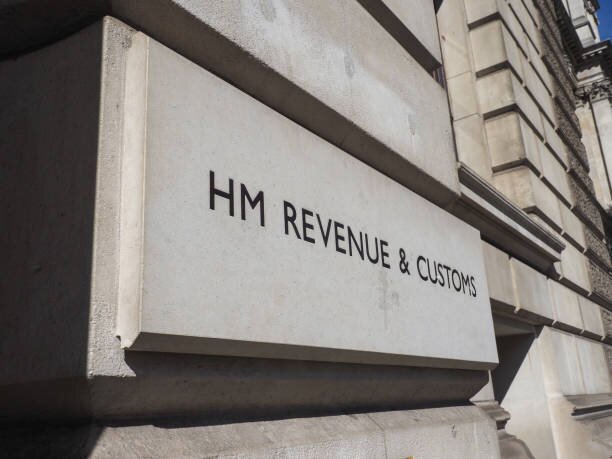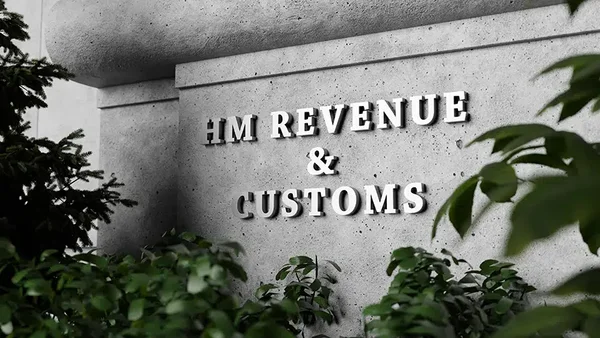Warning for Taxpayers Over Simple Mistake
HM Revenue and Customs (HMRC) has warned that taxpayers could face higher tax bills if they fail to properly document their business expenses. The alert follows growing reports of people unintentionally overpaying or losing legitimate deductions because of missing receipts and poor record-keeping.
Small business accountant Lindie J issued a reminder that failing to keep expense records can lead to HMRC rejecting claims entirely. “Not keeping receipts is like trying to claim on insurance without proof. No evidence, no payout,” she said, urging business owners to stay organised.
The Receipts Rule Everyone Forgets
Lindie explained that everyday items such as phone bills, travel tickets, mileage logs, and software subscriptions can all qualify as legitimate business expenses. However, without proof, these deductions can be disallowed during an HMRC review, resulting in a larger tax liability.
She advised taxpayers to “snap and store receipts immediately”, either in physical folders or using digital apps. With more invoices now sent electronically, using online storage tools helps maintain compliance while making record retrieval easier during audits.
How Missing Proof Raises Your Tax Bill
When a taxpayer cannot provide valid evidence for claimed expenses, HMRC has the power to dismiss the deductions. This raises the individual’s taxable profits, which in turn increases the overall tax owed. Even minor oversights can lead to unexpected bills or penalties.
HMRC stresses that taxpayers particularly sole traders and small businesses must be able to show that every expense is “wholly and exclusively” for business purposes. Without supporting receipts, bank statements, or digital records, even genuine claims may be denied.
Record-Keeping Requirements Explained
HMRC guidance states that anyone preparing business accounts must maintain consistent record dates usually aligning with the tax year from 6 April to 5 April. This helps ensure accurate tax calculations and prevents errors that could trigger compliance checks.
Those who do not formally prepare accounts must still record all income and expenses annually. If accounting dates differ from the tax year, profits must be allocated across multiple periods a process that can complicate tax filings and increase the risk of mistakes.
Why Small Businesses Are Most at Risk
Cash-based businesses such as tradespeople, beauty salons, and small retailers are particularly vulnerable to errors in record-keeping. Transactions often happen quickly, and receipts can easily be lost or overlooked, leaving owners exposed during HMRC reviews.
Lindie emphasised that being “too busy” to manage paperwork isn’t a valid excuse. “HMRC can disallow those expenses and hit you with a higher bill,” she warned. “Make it simple photograph the receipt and file it. A few seconds can save you hundreds later.”
Steps to Stay Compliant
Experts advise using cloud-based accounting systems or secure apps to record transactions in real time. Regularly reviewing records, reconciling expenses, and backing up data can prevent compliance issues and protect against tax disputes.
For anyone uncertain about what qualifies as an allowable expense, HMRC’s online guidance offers detailed examples. Seeking help from a qualified accountant or tax adviser can also reduce the risk of errors and ensure all legitimate deductions are claimed.











